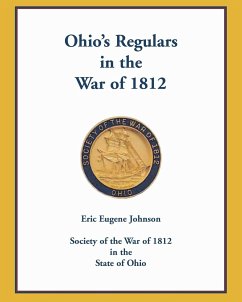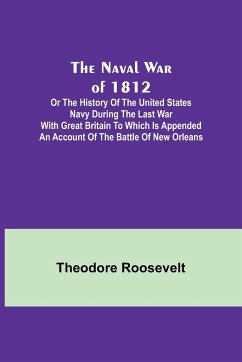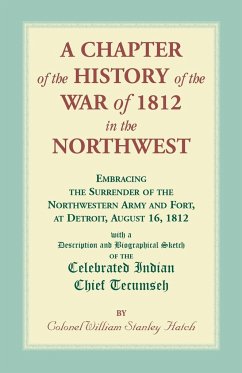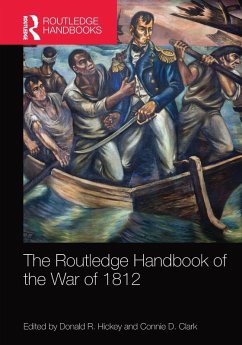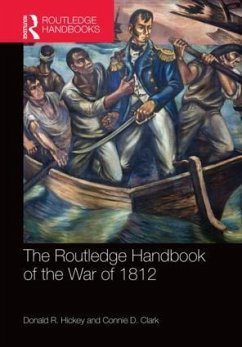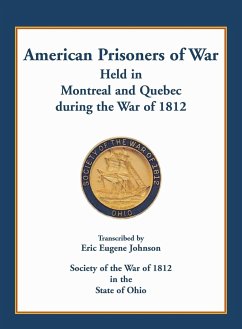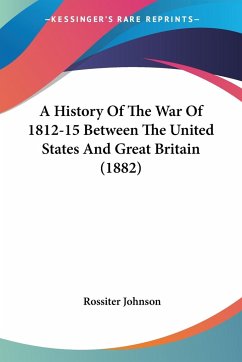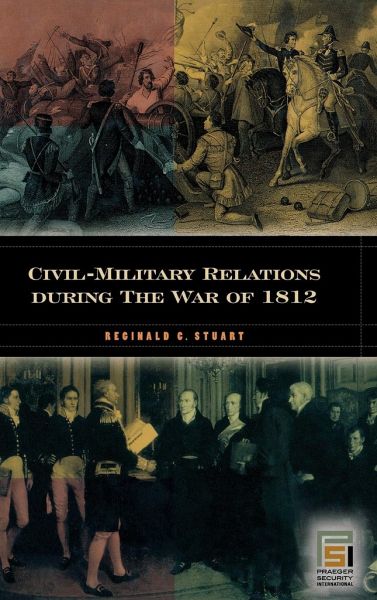
Civil-Military Relations during the War of 1812

PAYBACK Punkte
30 °P sammeln!
Civil-military relations in the era of the War of 1812 must be seen as a broad theme, not just the particular relationships between officers, military organizations, and civil government and civilians. Civil-military attitudes were interwoven in the lives of Americans and must be seen as ideological and social in character with political expressions. Secondarily, the War of 1812 was a transition period from the matrix of ideas inherited from English history and the War of Independence experience with an Atlantic orientation toward the national experience and continental orientation of the 19th...
Civil-military relations in the era of the War of 1812 must be seen as a broad theme, not just the particular relationships between officers, military organizations, and civil government and civilians. Civil-military attitudes were interwoven in the lives of Americans and must be seen as ideological and social in character with political expressions. Secondarily, the War of 1812 was a transition period from the matrix of ideas inherited from English history and the War of Independence experience with an Atlantic orientation toward the national experience and continental orientation of the 19th Century. This book is a thematic exploration of civil-military themes in the era of the War of 1812. It begins with the immediate post-American Revolutionary era, the Constitutional Founding, and works through events in the 1790s and 1800s that illustrated how the Founding Fathers used the military as an aid to the civil power to maintain political order; how republican ideology colored the kind of military system American leaders in this era believed their country should have: in particular the heavy reliance upon the militia as an ideological ideal that failed in practice; the first glimmerings of volunteerism as an alternate, and later substitute for the militia idea; and an episodic use of military power to enforce civil political authority. The evolution of these civil-military themes occurred within the larger evolution of the United States as a small country with an Atlantic orientation perched along the eastern seaboard of North American into a continental country after 1815 because of the defeat of Indian tribes, the eclipse and elimination of Spanish territorial control in the Gulf of Mexico littoral and the trans-Mississippi West, and the rapprochement with Great Britain on sharing upper North America.







